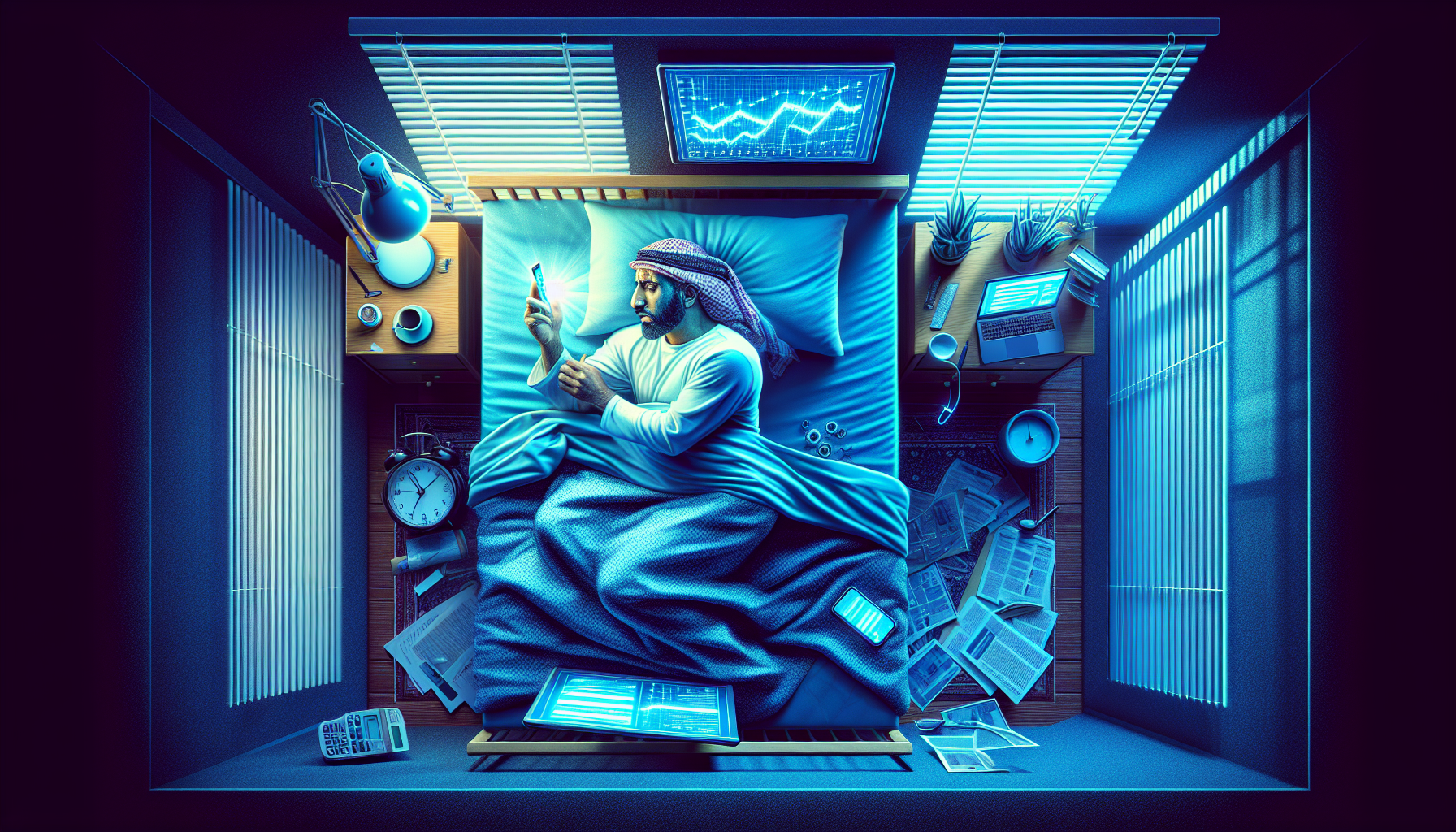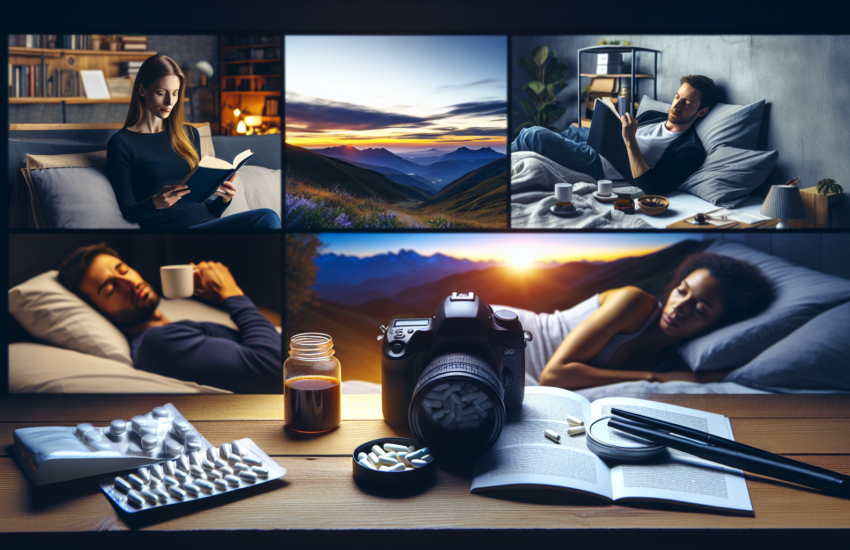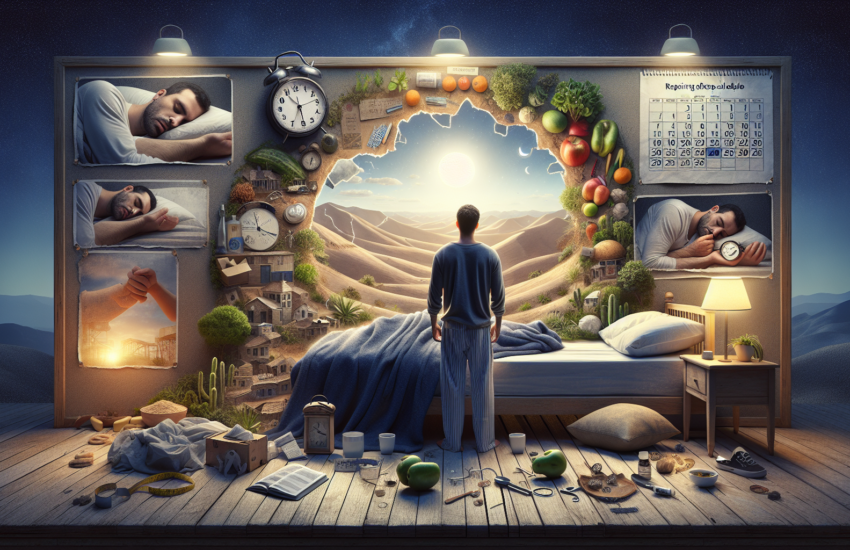Why Blue Light Was Ruining My Rest
The Blue Light Dilemma
I never thought much about the light from my phone or laptop until I started noticing how restless my nights had become. It felt like a switch flipped in my life, and suddenly, I was struggling to fall asleep, tossing and turning for hours. It wasn’t until I stumbled upon some research that I realized blue light might be the culprit behind my disrupted sleep patterns.
Blue light, emitted by our screens, has a significant impact on our circadian rhythms. According to a study published in the Journal of Clinical Sleep Medicine, exposure to blue light in the evening can suppress melatonin production, the hormone that signals our body it’s time to sleep. This revelation hit me hard because I was spending hours scrolling through social media or watching videos right before bed.
My 30-Day Experiment
Determined to reclaim my restful nights, I decided to conduct a personal experiment. For 30 days, I committed to reducing my exposure to blue light in the evening. I set strict rules for myself: no screens after 8 PM, and I invested in a pair of blue light blocking glasses to wear if I absolutely needed to use my devices.
The first few nights were tough. I felt restless and bored without my usual evening entertainment. But as the days passed, I noticed a subtle shift. I was falling asleep faster, and my sleep felt deeper and more restorative. By the end of the month, the difference was undeniable. I felt more refreshed in the morning and had more energy throughout the day.
The Science Behind the Change
My personal experience aligned with what the experts have been saying. A review in the Journal of Psychiatric Research highlighted how reducing blue light exposure in the evening can lead to improved sleep quality and duration. The study emphasized the importance of creating a buffer zone between screen time and bedtime to allow melatonin levels to rise naturally.
It’s not just about melatonin, though. Blue light can also affect our mood and cognitive function. I noticed that my focus and productivity improved during the day, which I later learned could be linked to better sleep quality. The connection between our sleep and overall well-being is profound, and blue light plays a crucial role in this delicate balance.
Practical Tips for Reducing Blue Light Exposure
Based on my experience and the latest research, here are some practical tips for anyone looking to improve their sleep by reducing blue light exposure:
| Tip | Description |
| Set a Screen Curfew | Establish a time, ideally an hour or two before bed, when you stop using all screens. This gives your body time to wind down and start producing melatonin. |
| Use Blue Light Blocking Glasses | If you must use screens in the evening, wear blue light blocking glasses. They can help filter out the harmful blue light and protect your sleep. |
| Adjust Device Settings | Many devices now have settings to reduce blue light emission. Enable these features, especially in the evening, to minimize your exposure. |
| Create a Relaxing Bedtime Routine | Replace screen time with calming activities like reading a book, taking a warm bath, or practicing meditation. These activities can help signal to your body that it’s time to sleep. |
Implementing these changes doesn’t have to be an overnight transformation. Start small and gradually build up your routine. I found that consistency was key, and over time, these habits became second nature.
Reflecting on my journey, I realize how much blue light was affecting my rest. It’s a common issue in our tech-driven world, but with awareness and a few simple adjustments, it’s possible to reclaim those precious hours of sleep. If you’re struggling with similar issues, I encourage you to give these strategies a try. Your body—and your mind—will thank you.


